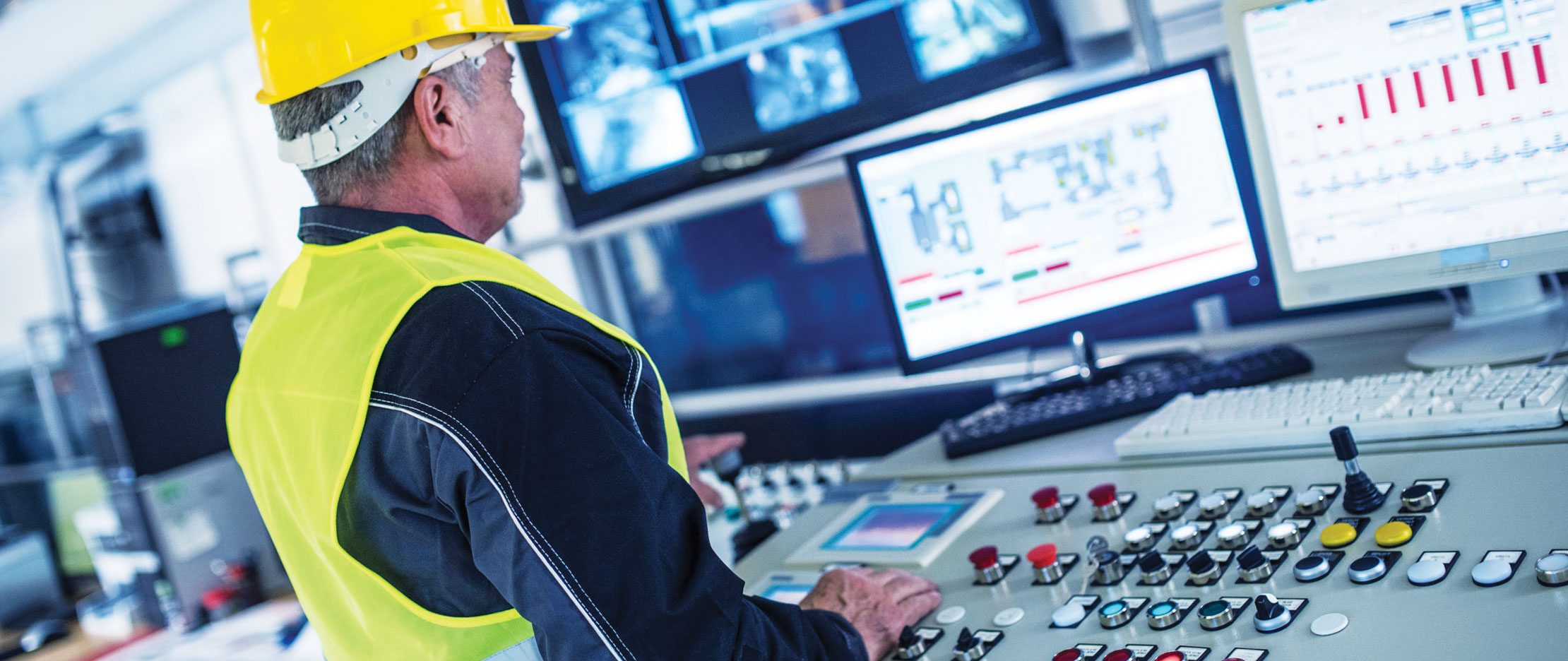
Manufacturing plants face increasing pressure to do more with less. Rising costs, tighter profit margins, and higher quality expectations compel you to maximize efficiency in every aspect. While bulk material handling systems are the pillar of your production flow, real operational excellence happens when you connect all plant systems into a unified, smart network for total plant integration.
The Hidden Cost of System Silos
Most manufacturing facilities operate like a collection of individual kingdoms. Your processing line runs independently from packaging equipment. Maintenance schedules work in isolation from production demands. Quality control systems function separately from material flow management. Meanwhile, your bulk material handling equipment moves product through these disconnected systems without optimizing the entire process. This fragmented approach creates invisible inefficiencies that drain your bottom line.
When systems don't communicate, you experience:
Consider what happens during a typical production shift. Your conveying system delivers raw materials to processing at a steady rate, but downstream packaging equipment runs at different speeds. Without integration, materials accumulate in buffer zones, creating bottlenecks and potential quality degradation. Operators must constantly monitor and adjust each system manually, introducing human error and reducing overall efficiency.
The Integration Advantage: Creating Unified Intelligence
Total plant integration transforms your facility from a collection of separate systems into a single, intelligent organism. When processing equipment communicates directly with packaging lines, automation systems coordinate with maintenance schedules, and quality controls integrate with material handling, something remarkable happens: your entire operation becomes greater than the sum of its parts.
This unified approach delivers measurable benefits across every aspect of your operation:
Integrated systems eliminate the stop-and-start inefficiencies that plague traditional manufacturing. Your bulk material handling systems receive real-time data from downstream processes, adjusting flow rates automatically to match demand. When packaging equipment signals a temporary slowdown, conveying systems respond instantly, preventing material backup and maintaining optimal product quality.
Instead of waiting for equipment failures or adhering to strict maintenance schedules, integrated systems enable truly predictive maintenance. Sensors throughout your material handling network transmit equipment health data to centralized monitoring systems. This enables you to schedule maintenance during planned downtime, reducing unexpected breakdowns by up to 70%.
Integrated quality systems identify issues early before they become expensive problems. When your material handling sensors detect changes in product characteristics, the system automatically alerts quality control personnel and can even adjust processing settings in real-time. This prevents off-specification products from moving through your entire production line.
Real-World Applications: Integration in Action
In food manufacturing, integration becomes essential for ensuring product safety and quality. Consider a facility producing specialty flour blends. Traditional bulk material handling moves ingredients from storage to mixing, but integration advances this process. The system synchronizes with recipe management software, ensuring accurate ingredient ratios. Temperature sensors in conveying lines communicate with processing equipment to keep conditions optimal. Packaging systems receive batch information automatically, ensuring correct labeling and traceability.
Chemical processing requires precise handling of materials. Integrated systems track flow rates, temperatures, and pressures simultaneously throughout all processes. When bulk material handling equipment detects a change in raw material properties, it promptly communicates with processing systems to modify parameters. This helps prevent batch failures and maintains consistent product quality.
Pharmaceutical manufacturers face strict regulatory requirements. Integration allows for complete traceability from raw material receipt to final packaging. Every movement in bulk material handling systems creates electronic records that connect with batch manufacturing records. This removes manual documentation errors and guarantees regulatory compliance.
Overcoming Integration Challenges
Implementing total plant integration requires careful planning and execution. Many manufacturers hesitate due to perceived complexity or concerns about disrupting their current operations.
Modern integration solutions connect with existing equipment using standardized communication protocols. You don't have to replace working equipment to gain integration advantages. Smart interface modules can link older systems to new integrated networks, safeguarding your equipment investments while allowing communication between systems from different manufacturers.
Successful integration doesn't happen overnight. Begin by focusing on key connections between your bulk material handling systems and the processes immediately upstream or downstream. Gradually expand integration as you observe results and gain confidence in the technology.
Integration changes how operators interact with equipment. Comprehensive training programs help staff adapt to new workflows and take advantage of enhanced system capabilities. Most operators find integrated systems easier to manage once they understand the benefits.
Effective integration provides measurable gains in key performance metrics:
The Path Forward: Strategic Integration Planning
Successful integration requires a systematic approach tailored to your specific operations. Start by identifying the most impactful connections between systems. Often, linking bulk material handling with immediate processing or packaging systems produces quick wins that justify further investment.
Consider your facility's specific challenges and production needs. Food processors might focus on safety and traceability integrations. Chemical manufacturers may emphasize precision and safety systems. Each industry has tailored integration opportunities that offer the greatest value.
Total plant integration is more than just a technological upgrade—it's a strategic advantage over competitors. While others struggle with disconnected systems and manual processes, integrated facilities operate with precision, efficiency, and dependability, directly boosting profitability.
Your bulk material handling systems already move the materials that power your business. Integration turns them into the nervous system of an intelligent manufacturing operation that responds instantly to changing conditions, continuously optimizes performance, and delivers the operational excellence your business requires.
The question isn't about whether to integrate—it's about how fast you can start experiencing these benefits in your operations. Contact Magnum Systems today to get started on your path to total plant integration.
Magnum Systems podcast series, AIM!
RELATED POSTS
Systems Integration: Future-Proofing Your Manufacturing Operations Today
Seven Best Practices for Maintaining and Updating Your Integrated System
Nine Necessary Routines for Maintaining Integrated Systems for Bulk Material Handling
Six Reasons to Use a One-Stop Manufacturing Integrated System Partner
Related Post
How Unified Namespace Solves Manufacturing’s Data Silo Problem
The Rise of Smart Plants: How System Integration Engineers Are Driving Industry 4.0
System Integration in 2026: Navigating New Manufacturing Regulations